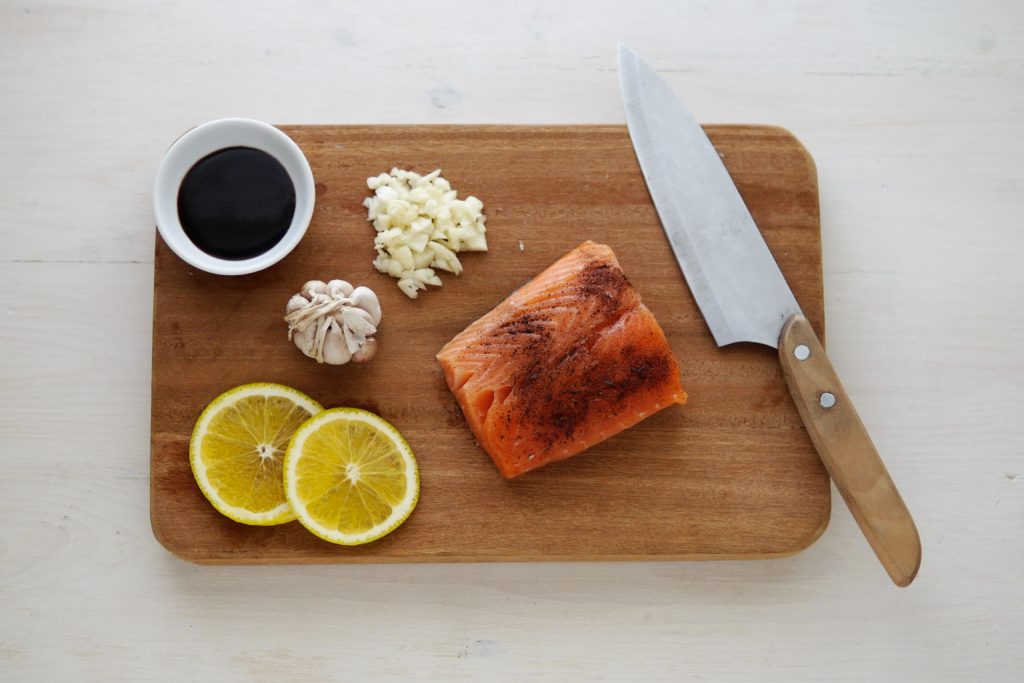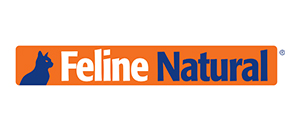
Keto Diet: 5 Nutrient Deficiencies of Ketogenic Foods and Solutions
Diet regimens and targeted meal plans are a testament to the fact that nutrition is man’s greatest medicine. One of many diet regimens is a Keto diet. In essence, tweaking our food intake choices according to their nutritional composition, can render a wide range of medical and physical benefits. However, a downside to these dietary programs is experiencing a nutrient deficiency symptom that has been sidelined over a prolonged period.
Keto diet is primarily focused on the intake of more foods rich in healthy fats and beneficial protein while reducing the carbohydrates meal sources to the nearest minimum. The goal is to stimulate energy production from fats rather than from carbohydrates through a process called Ketosis.
Ketosis is a metabolic state and primarily the mainstay of imbibing a keto diet plan. In the absence of low carbohydrates intake, ketosis kicks once the body turns to excess fats to produce its own energy called ketones.
You could practically think of the keto diet plan as having more of meats, fatty fish, cheese, butter, and little or zero grains, fruits, sugary foods, and condiments.
Thus, a typical daily keto plan may involve perhaps; bacon, egg, and tomatoes for breakfast. At noon, it would be quite balanced to try some shrimp salad with olive oil and avocado, while reserving a Ham and some cheese slices with nuts for the night.

Stimulating Ketosis has a vast array of researched-backed, health benefits. However, this does not oust the absence of some excruciating symptoms and side effects that you should be mindful of.
It is emphatic that a keto diet is effective for weight loss and reducing blood sugar levels. This makes it a good turn-to for diabetic patients, athletes, and obese persons. More so, research also suggests multiple health benefits in heart disease, brain trauma, Alzheimer’s, and cancer.
Practicing a keto diet plan has faced several spikes in popularity in recent decades. Perhaps, this makes it imperative to glare at the downsides of this meal culture to guarantee a balanced, health benefit and maximization of ketogenic foods.
Ketosis induces poor energy and mental function, increased hunger, sleep issues, nausea, and digestive discomfort. In addition, energy derived from ketones cannot be compared to conventional carb sources, and this could lead to less physical and exercise performance. More importantly, the alienation of certain foods from your meal plan over a long time puts your body at risk of certain core deficiencies. Below are five vital nutrients keto dieters must supplement during their program.
CALCIUM
Dietary calcium is mostly a carb-centered nutrient commonly found in fruits, vegetables, dairy, and enriched grains. Calcium is very crucial to the human body for the development of stronger bones and teeth. Calcium also assists in the growth of healthier muscles and better functioning of the body’s nervous system.
To this end, regular keto-dieters are well-advised to ascertain if they are losing calcium from their bones. If the result is affirmative, it will be imperative to spike intake of calcium-rich but Keto-friendly foods such as sardines, salmon, and spinach. Preferably, combine meal options with pure calcium supplements like the Kirkland Signature-Calcium Tablets to accelerate recovery and palliate deficiency.
MAGNESIUM
Magnesium is an energy-producing mineral found in fruits and grains. It also assists the nerve cells and brain to function properly. Magnesium deficiency is known to induce similar symptoms with keto flu, e.g., muscle cramps, migraine, anxiety, and constipation. Thus, bracing your magnesium level is vital in managing the symptoms of keto flu.
In palliating the symptoms of magnesium deficiency, keto dieters may turn to meal-friendly options such as avocados, almonds, and salmon. However, In the case of chronic deficiency, it is well advised to take supplementation very seriously. Luckily there are many reliable multi-nutrient supplements in the market focused on combatting this shortcoming.
IRON
A number of researches now suggest that an increase in the absorption of fats reduces iron levels in the body. Iron is very crucial for the proper functioning of the brain and the muscles. Besides metabolism, iron fosters the formation of hemoglobin, a protein in red blood cells that carries oxygen throughout the body.
You can always consult your doctor to check your ferritin level to know if you are short of iron or not.
You can also take regular vitamin C-rich foods like Broccoli, Spinach, and Cauliflower to supply reliable amounts of iron to the body while on a keto program.
However, a more viable option will be to turn to high-absorbable iron supplement capsules to ensure that your body stays strong during your keto regimen.
VITAMIN D
Like calcium, Vitamin D is very vital for the development of stronger bones. Sufficient vitamin D is usually hard for keto dieters because most vitamin sources like milk, orange juice, and cereal are of high-carb content.
Moreover, most persons often turn down the idea of exposing their skin to direct sunlight to avoid the risk of skin damage and cancer.
Pregnant mothers who cannot eat enough food to sustain a complete micronutrient profile or lack sufficient sunlight exposure have Vitamin D supplements to enjoy for the sake of fetal development.
Keto dieters may also try fatty-food options such as salmon and tuna and increase egg yolk intake. It is preferred to combine a regular dose of a vitamin D supplement with rich-food options to guarantee that you achieve your daily requirement.
FIBER
Fiber is undoubtedly one of the rich contents of carbohydrate-rich bread, grains, fruits, and vegetables. Unfortunately, these high-carb sources are non-ketogenic foods. Fiber supports the smooth function of the GI tract, which in turn aids digestion and prevents the risk of constipation.
Achieving optimal digestion is basically the first step that guarantees maximum nutrient absorption from our dietary intake. Consequently, keto dieters deserve sufficient levels of fiber to absorb excess fats and protein for better Ketosis.
Fortunately, Keto dieters have fiber-rich veggies to the rescue. Including more of broccoli and cauliflower into your diet can get your digestive health up to par. In the alternative, taking very little, daily doses of fiber supplements are just enough to get keto-dieters up and going with their nutritional scheme.
































































